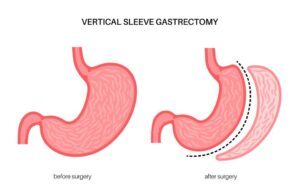Most people who get liver cancer have long-term liver disease (also called chronic liver disease). Having long-term liver disease increases a person’s risk of developing liver cancer. Among the most common causes of long-term liver disease are Viral Hepatitis (such as Hepatitis B, Hepatitis C …), cirrhosis due to long-term alcohol use. People with chronic diseases should be followed by specialist teams.
Liver cancer usually does not cause any symptoms on its own. Sometimes there may be a lump or mild pain in the upper abdomen, while in advanced stages, symptoms such as early saturation, weakness and jaundice due to the effect of the mass can be seen. In addition, exacerbations can be seen in the symptoms of a long-term (chronic) disease that existed before the cancer was diagnosed.
Swelling of the abdomen or legs…
Widespread edema in the body.
Yellowing of the skin or whites of the eyes
Like severe fatigue…

Yeah. If your doctor suspects liver cancer, he or she will do one or more of the following tests:
Liver cancer can be treated in different ways. Treatment depends on the stage of your cancer. It also depends on how healthy your liver is (in other words, how serious your liver disease was before you got cancer). Different treatments include:
It is important that you follow all your doctor’s instructions about visits and tests. It is also important to talk to your doctor about any side effects or problems you experience during treatment.
Getting treated for liver cancer involves making many choices, such as which treatment to have.
Always let your doctors and nurses know what you think about a treatment.
When offered a treatment, ask:
What are the benefits of this treatment? Is it likely to help me live longer? Will it reduce or prevent symptoms?
What are the disadvantages of this treatment?
Are there any other options than this treatment?
What happens if I do not have this treatment?